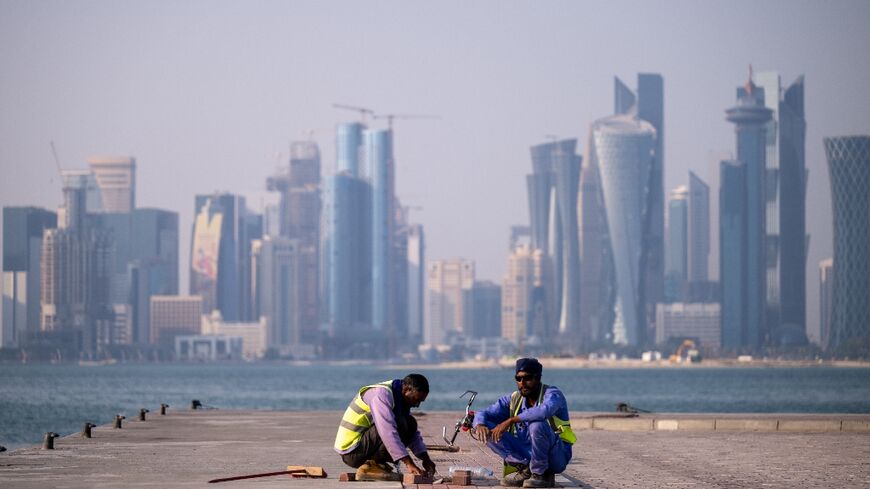In December 2010, Qatar was selected to host the 2022 FIFA World Cup. However, since the announcement, there have been reports of migrant workers who are involved in the construction and services sector facing systemic abuse and exploitation. It is concerning that hundreds of thousands of migrant workers are being mistreated while building the necessary infrastructure and providing services for the world’s most-watched sporting event. This persistent violation of foreign labor rights raises serious concerns about the treatment of foreign labor in the country.
Reported by various NGOs dedicated to migrant workers’ human rights, 103 cases of labor abuse have been meticulously documented, with a significant portion occurring in Qatar. These documented abuses extend to 46,000 workers, acknowledging that the actual number is likely significantly higher due to the prevalent issue of underreporting. Specifically, the challenges faced by migrant workers encompass recruitment fees, wage theft, insurmountable debt leading to shattered aspirations, and abuse by employers empowered by excessive authority, at times culminating in conditions tantamount to forced labor. Moreover, dangerous working and living conditions have resulted in thousands of unexplained worker deaths, with at least hundreds potentially linked to extreme heat exposure in the country.
The Qatari government, much like FIFA itself, initially denied and did not take any action towards the mounting international pressure. However, a notable shift occurred in 2017 when Qatar signed a three-year agreement with the International Labour Organization (ILO), committing to crucial reforms. These commitments included dismantling the notorious kafala sponsorship system, addressing wage abuse, improving health and safety measures, combating forced labor, and empowering workers to voice their concerns.
In accordance with international human rights law, Qatar bears the obligation to prevent widespread abuses and furnish appropriate remedies. Nevertheless, while legal reforms were set in motion, the journey toward the comprehensive and effective protection of workers’ rights in Qatar remains an ongoing process. Initiatives such as the Wage Protection System and the Workers’ Support and Insurance Fund were introduced. The initiatives undertaken by Qatar do not have the desired impact as they only address claims related to severe injuries or deaths while neglecting other equally important issues. Additionally, a significant number of human rights abuses remain uncompensated due to the authorities’ failure to conduct thorough investigations into the causes of deaths, frequently attributing them to ‘natural causes.’
In conclusion, the present scenario, marked by inefficient compensation systems and delayed reforms, accentuates the pressing need for immediate and comprehensive action. Migrant workers persist in enduring persistent violations of human rights, and Qatar’s demonstrated reluctance to rectify these issues through efficient systems signals a profound disinterest in safeguarding the rights of migrants. Qatar must be held accountable for perpetuating wage theft, imposing deplorable working conditions, and, tragically, being implicated in the loss of thousands of lives.

